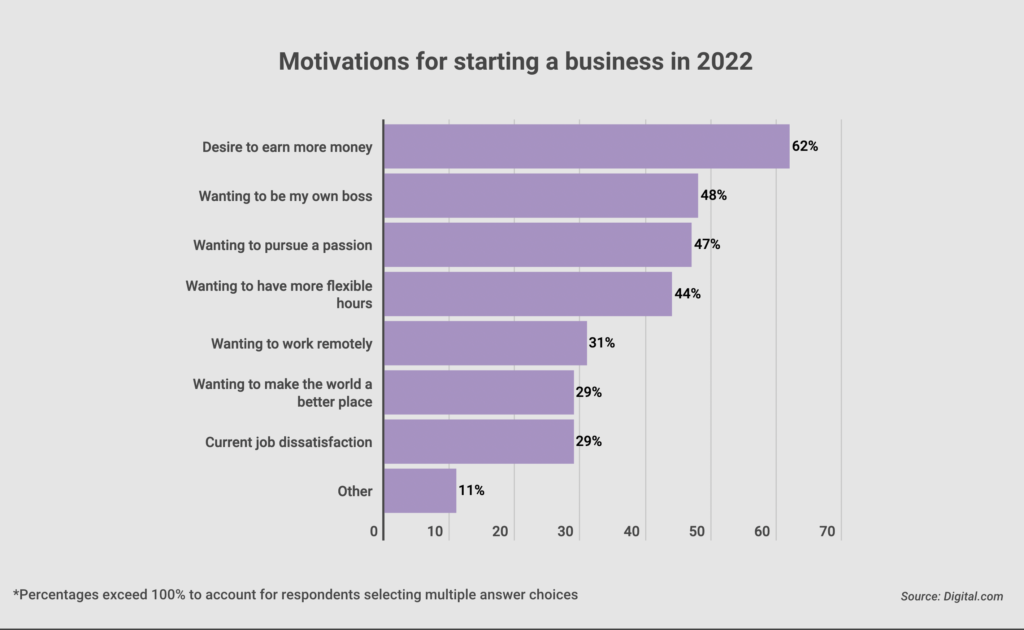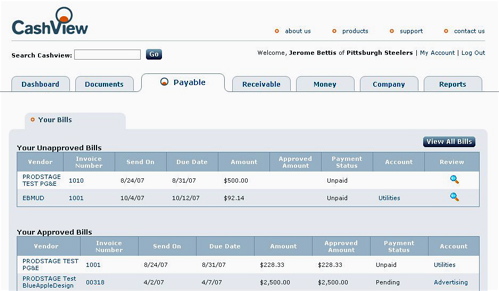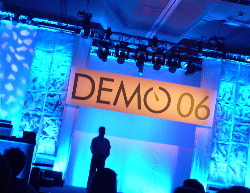And it seems to be raging even more. Thank you, Great Resignation. You’ve started something big.
A new survey from Digital.com has found 43% of Americans plan to start a business in 2022. Whoa, that would be a big number! With findings like this, it certainly appears entrepreneurship is continuing to gain ground as a career choice. And this news comes on top of almost 5,000,000 new businesses having been launched between January and November of 2021, according to the Census Bureau. I call it a major (positive!) trend coming out of the pandemic.
[When I say I told you, you may recall I wrote about this topic some five months ago, but these latest numbers just drive the point home even more.]
Of the 1250 adults surveyed across the U.S., more than 2 of 5 – or four in ten, if you prefer – said they were planning to launch a new venture. What’s more, though some of these will surely be “side gigs,” 55% of these aspiring new business owners say they will leave their current jobs during the year. Yes, quitting is a hot thing. The number of job openings has gone ballistic nationwide. Time to feel even more sorry for your neighborhood job recruiter, I guess.
Taking the Leap
It seems the decision to go it alone is just not as daunting as it used to be. People are increasingly looking to be masters of their own fate, this data is showing us. They are emboldened. And you know what’s especially surprising in the results of this survey? One-third of these planned new startups in 2022 will be launched by first time entrepreneurs.
What kinds of businesses will these founders be pursuing? The survey said the most popular categories are these: “retail” (presumably including ecommerce), which came in at 14.6%. followed by “business & finance” at 10.91%, and “computer & IT” at 10.17%.
“One of the drivers for The Great Resignation is that people want to feel a sense of purpose,” said Dennis Consorte, Digital.com’s small business expert. “Business ownership can give you the flexibility to pursue what matters to you in a way you believe will be most meaningful and impactful.”
Having It Both Ways
What about launching a new business without quitting one’s current job? Yes, it happens – a lot, traditionally. (I did it early in my career.) And this new survey finds that practice will likely be continuing this year. In fact, I daresay it will become more common. Some 29% of survey respondents don’t plan to leave their current job during 2022.
What’s one big factor at play here? It’s this: 26% of the employed and self-employed individuals who responded to the survey currently work fully-remotely, and 40% more work both remotely and in-person. As the survey sponsor so astutely notes: “Remote work may allow for more flexibility to simultaneously continue current work while beginning a new endeavor.”
Thank you Covid, I guess? It’s making entrepreneurship easier! Especially when that new business can be run totally online. And the survey found 32% percent of these planned new businesses intend to operate that way.
Why Start a New Business?
The survey asked respondents who plan to launch a new venture what is motivating them. The chart below tells the story.
How to Finance It?
It’s easy saying you’ll start a business, but a little thing like money always comes up. Well, get this: 13% of the entrepreneurs who responded to this survey reported having raised more than $100k for their planned new venture! Twenty-nine percent said they’ve raised more than $50k, 57% raised more than $25k, and 87% raised at least some amount of money. Female entrepreneurs reported raising slightly less money than men. What about investing some of one’s own money? That matters, too – and 34% of these entrepreneurs said they’ve invested between $6k and $50k of their own cash.
“If you want to pursue a startup full-time, then it’s a good idea to have at least 6 months’ savings and to adopt a frugal lifestyle,” said Digital.com’s Consorte. “Raising money can often help you move faster, but it can come at a high cost. Start with friends and family, and opt for models where you don’t have to give up too much equity in the beginning. You’re going to need it if you get to a point where you want to bring in institutional investors.”
Great advice there! Read more about this eye-opening survey here and here.
A final note: As the survey sponsor says, “Whether or not these plans turn to action remains to be seen. But what’s clear is the exploding interest in entrepreneurship.”
Amen! I, for one, will plan to follow up with some yearend data. Meantime, as 2022 gets underway – likely a strong recovery year for workers as the pandemic eases — be sure to support your local entrepreneurs!





 Okay, here’s the 30th and last post in my “DEMO 2006” category (many also tagged in other categories, as listed on the right) since I began publishing pre-conference. So, who could have done more posts than this — maybe CNet? Then again, quantity isn’t everything… 🙂 But I was honored to be on a list with many of the great
Okay, here’s the 30th and last post in my “DEMO 2006” category (many also tagged in other categories, as listed on the right) since I began publishing pre-conference. So, who could have done more posts than this — maybe CNet? Then again, quantity isn’t everything… 🙂 But I was honored to be on a list with many of the great  It was non-stop buzz, business models, and blabbing about everything imaginable relating to today’s souped-up economy for technology startups (especially Internet-related ones)…a giant energy-drink slurpee lasting three days. And the people — wow! I know I met many who’ll be valuable contacts and friends for years to come. Plus I learned about some cool new services that’ll help me in my crazy, tech-challenged world…just as I know they’ll help you.
It was non-stop buzz, business models, and blabbing about everything imaginable relating to today’s souped-up economy for technology startups (especially Internet-related ones)…a giant energy-drink slurpee lasting three days. And the people — wow! I know I met many who’ll be valuable contacts and friends for years to come. Plus I learned about some cool new services that’ll help me in my crazy, tech-challenged world…just as I know they’ll help you.  Companies in point who presented at Demo that are taking advantage of this trend in various ways include:
Companies in point who presented at Demo that are taking advantage of this trend in various ways include:  But I was fascinated by how blog-savvy so many of the companies are that launched at DEMO — and I learned a lot from them. They get the blogging model, the power of the blogging community. They spent just as much time talking up the bloggers as they did the traditional press. Blogging is even changing the model of how some tech companies launch — read: without traditional PR. My fellow blogger and conference reporter Shel Israel did
But I was fascinated by how blog-savvy so many of the companies are that launched at DEMO — and I learned a lot from them. They get the blogging model, the power of the blogging community. They spent just as much time talking up the bloggers as they did the traditional press. Blogging is even changing the model of how some tech companies launch — read: without traditional PR. My fellow blogger and conference reporter Shel Israel did 
Recent Comments